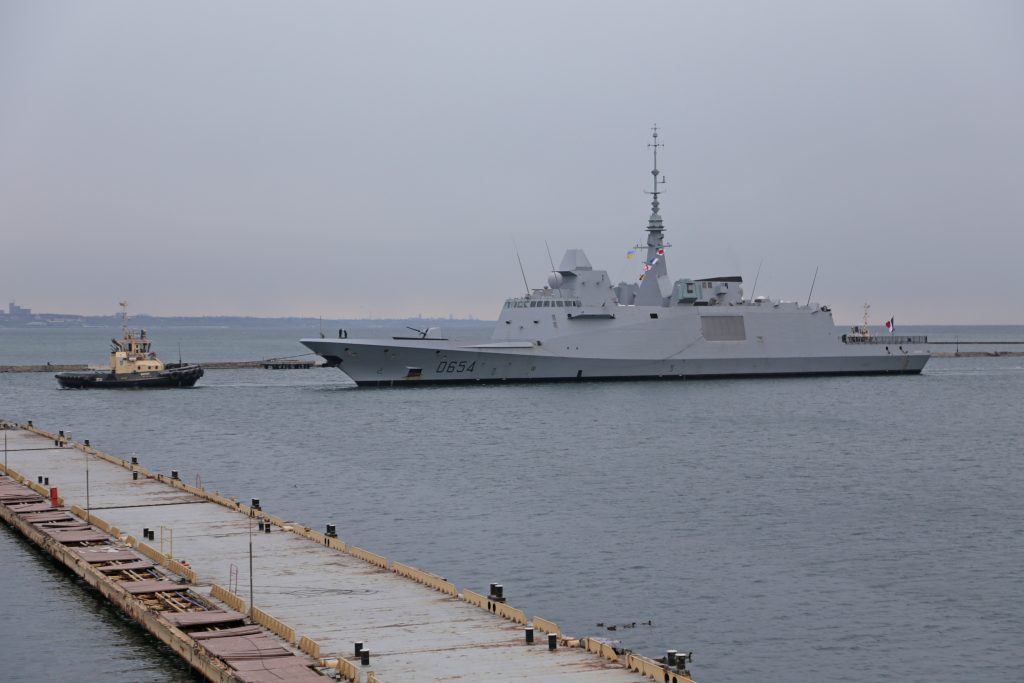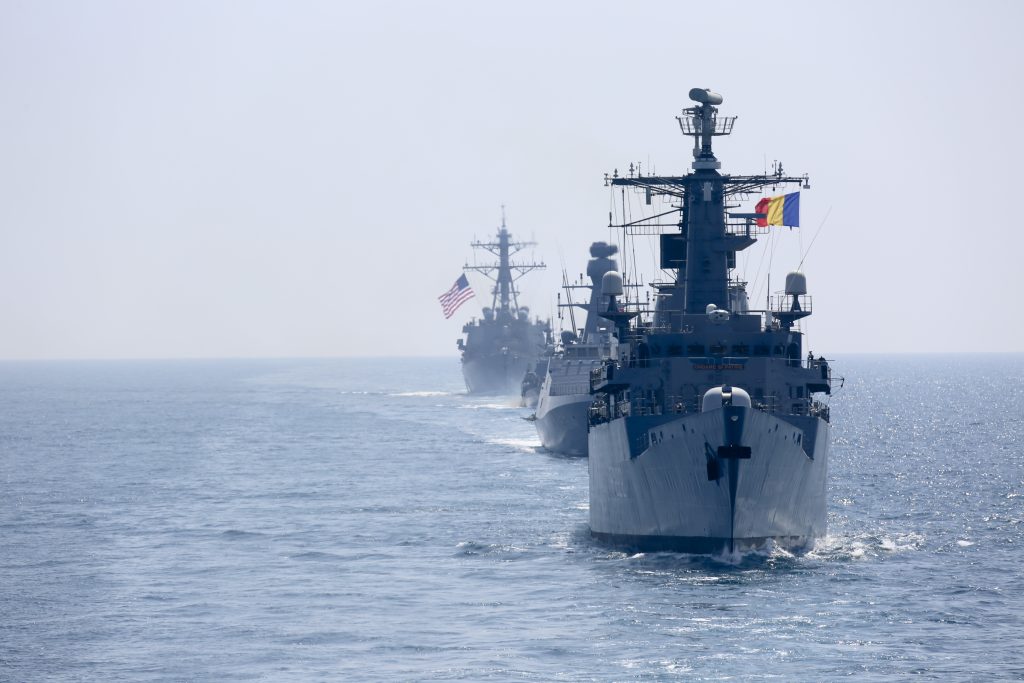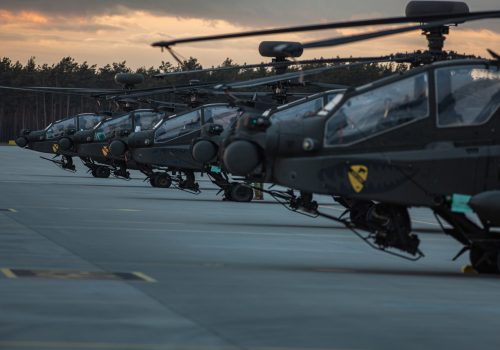
Following Russia’s invasion of Ukraine, the consensus seems to be that Europe took peace for granted for seventy years. Its leaders became so preoccupied with newer concerns, such as China’s malign influence, tech threats, and aggression in the Indo-Pacific, that they neglected a crucial strategic problem: Russia’s threat to the Black Sea region, a geopolitical meeting point between democracy and authoritarianism.
“We are living in historical times,” Pavel Popescu, chairman of the Romanian parliament’s defense committee, stated during the exclusive Atlantic Council event, “Strengthening Black Sea Security and Defense in A New Era.” For too long, he believes, experts dismissed security concerns as theoretical—but now realize the importance of securing the Black Sea against Russian aggression, enhancing cooperation among NATO allies and partners in the region, and bolstering NATO’s southeastern flank.
For its part, Romania—which shares the largest EU border with Ukraine—“felt it [the impact of the invasion] very strongly,” Popescu added. But he also said Romanians view the war as an opportunity to step up as a regional leader by staying observant of further aggression from Russia and advocating for greater partnership with the US and major players in the EU.
Former Pentagon officials Jim Townsend, a senior advisor at the Atlantic Council’s Transatlantic Security Initiative (TSI), and Catherine Sendak, a nonresident senior fellow at TSI, shared Popescu’s views about the lack of concern among experts. “Over the past fifteen years, [few] have tried to ring the alarm bell,” Townsend said, arguing that NATO leaders need to address the issue simultaneously with other challenges facing the alliance. Sendak agreed, expressing that while it is laudable that officials and security experts from both sides of the Atlantic are finally acknowledging the strategic importance of the Black Sea region, “it is something that we should have been talking about for the past decade.” Sendak also said the upcoming NATO summit in Madrid is an opportunity for the Alliance to address the region’s strategic vulnerability.
The event also covered the importance of the bilateral relationship between the United States and Romania and the steps Bucharest has taken to respond to Russia’s war against Ukraine. Popescu explained that Romania is increasing defense spending to demonstrate to Russian President Vladimir Putin that the capabilities of NATO’s southeastern flank match those of the northern flank. Strengthening the economy and combatting hybrid warfare and disinformation are also top priorities, he added. Such efforts would signal to hostile actors that local Alliance members in the Black Sea region contribute fruitfully to collective defense.
When asked about how NATO should prioritize confronting both short-term challenges—such as Russia’s aggression against Ukraine and Turkey’s blockage of Sweden and Finland’s application to the Alliance—and long-term security issues—such as China’s influence in Europe and hybrid warfare—Sendak offered a simple answer: “We must walk and chew gum at the same time.” Referencing the upcoming Madrid summit and NATO’s new Strategic Concept, Townsend said the Alliance must ultimately translate strategies into action. For instance, it should work with allies in the Black Sea region to strengthen collective security, perhaps by increasing maritime presence in the Black Sea, and must also push back against illiberal trends within the Alliance.
Finally, Popescu highlighted the urgency of signaling to Putin that the West is united against him, and that the short-term sacrifices its citizens would need to make would not change that. “At the end of the day, we need to raise our voice and say, ‘These things cannot happen,’” he said, adding that this would help “preserve common values of the US and Europe in the long term.”
Watch the full event
Alvina Ahmed is a project assistant with the Atlantic Council’s Transatlantic Security Initiative, part of the Scowcroft Center for Strategy and Security.
Further reading
Wed, Mar 9, 2022
Defending every inch of NATO territory: Force posture options for strengthening deterrence in Europe
Issue Brief By
Deterrence in Europe can be enhanced through a range of US and NATO force posture enhancements.
Image: French Navy's frigate Auvergne is guided by a tugboat upon arrival at the Black Sea port of Odessa, Ukraine December 24, 2021. REUTERS/Sergey Smolentsev


